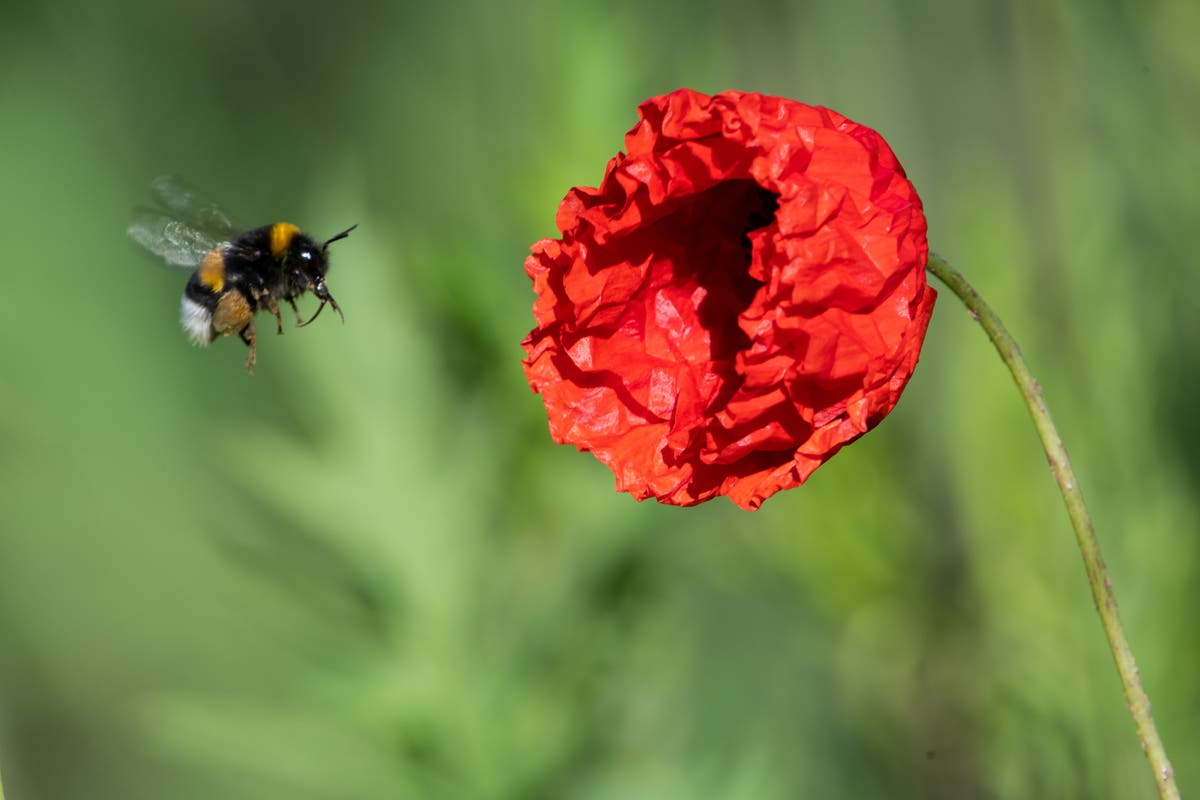Articles for Pollinator, search results for species

2 years, 5 months ago

3 years, 4 months ago

3 years, 9 months ago

4 years, 10 months ago